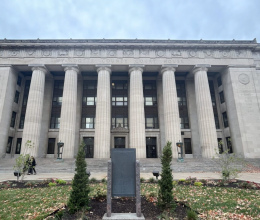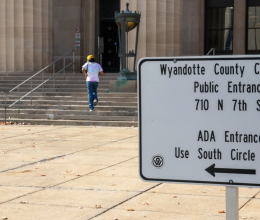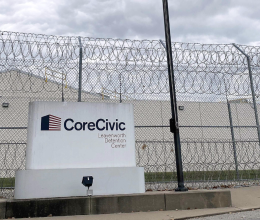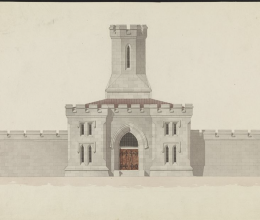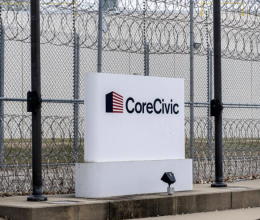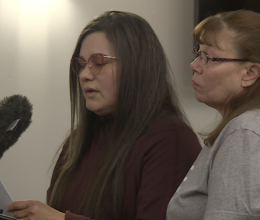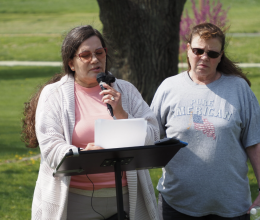
Proponent Testimony for HB 2556 – Prohibiting denial of expungement due to unpaid fines and fees
Aileen Berquist, Community Engagement Manager,
American Civil Liberties Union of Kansas
House Judiciary Committee
Monday, February 7, 2022, 3:30 PM – 582-N
Committee Chairs and Members of the Committee,
Thank you for the opportunity to present testimony today. My name is Aileen Berquist. I am the Community Engagement Manager and lobbyist for the ACLU of Kansas. We are a nonpartisan, non-profit organization that works to preserve and strengthen the civil rights and liberties of every person in Kansas.
Poverty should not be a barrier to justice. Based on this premise, the ACLU of Kansas strongly supports HB 2556, prohibiting the denial of expungement due to inability to pay fines and fees.
A criminal record seriously limits your ability to engage in life fully and productively. Job opportunities, housing, loans, credit, and access to continuing education are all adversely impacted by the existence of a criminal record. Even an arrest without conviction has an impact. These records follow you well after you have served your time and turned over a new leaf, a lifelong continuation of punishment after the official terms of your sentence have been completed.
The stigma associated with a criminal record is difficult enough, but the loss of opportunity that comes with a criminal record can have a huge impact on recidivism. Consistent employment, access to education, secure housing—these are all critical factors to improve post-conviction reintegration into society. Expungement is an opportunity to truly put your past behind you. And expungement has no negative impact on public safety—people who received expungements had a very low subsequent crime rate, one comparable with the general population.1
Despite the positive implications for individuals and society at large, expungement is unavailable to many people because of their inability to pay fines and fees. On its own, criminal justice debt is a major barrier to post-conviction success.2 In isolation some of these costs may seem small but together they escalate into hundreds and thousands of dollars. This debt leads to a cycle of more debt with late fees, payment plan fees, and surcharge fees added on. The cost compounds and can become insurmountable.3 Add in the inability to access relief like expungements, and the punishment without purpose continues.
Our constitution guarantees equal treatment under the law. Blocking some people from remedies like expungement because of their financial means is the definition of unequal treatment. Allowing petitioners to qualify for expungement regardless of their inability to court pay is the right decision.
However, we ask that this bill be amended to increase its positive impact on two fronts: striking the “unwillingness to pay” language and removing all application fees, assessment fees, or other costs associated with applying for or receiving expungement. Adding additional costs onto a process that is specifically created for people without the ability to pay their existing criminal legal debt is counterintuitive. Additionally, “unwillingness to pay” is rife for subjective interpretation that opens the window for overt bias.
We ask that this bill move out of this committee with the removal of additional fines and fees and any language about “unwillingness to pay.” Thank you for the opportunity to provide testimony today.
1https://repository.law.umich.edu/articles/2165/
2https://www.brennancenter.org/sites/default/files/legacy/Fees%20and%20Fi...
3https://www.brennancenter.org/our-work/research-reports/steep-costs-crim...
